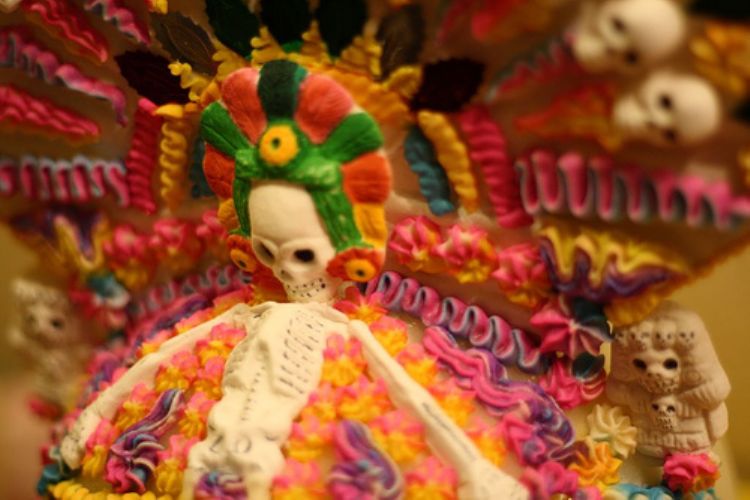
Day of the Dead in Mexico, November 2nd
In the prehispanic world, the concept of death played a f...
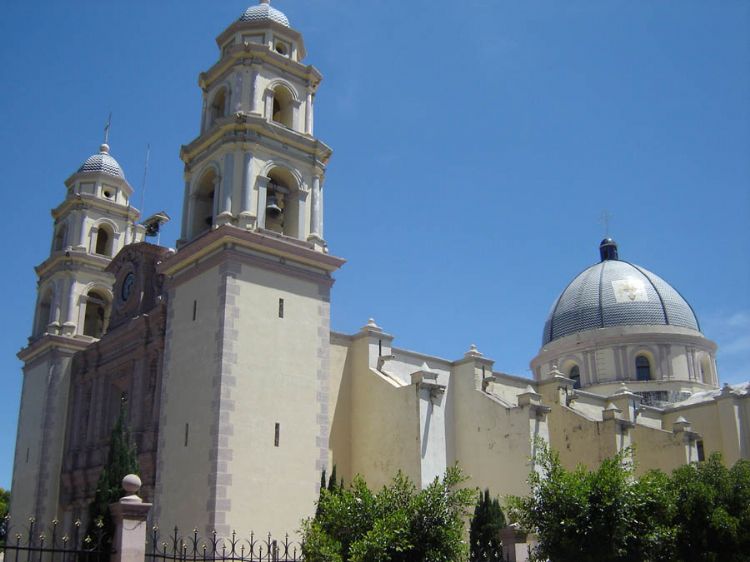
The "âPlace of the Gods"â is the cradle of corn, with evidence of this plant's oldest fossil ever found. Originally inhabited by the tribe of Popolocas, in the year 1454 it was conquered and inhabited by Aztecs led by Emperor Moctezuma. With the arrival of the Spaniards, this ancient city was subdued under Spanish domain, but in 1660 the Indians of the area bought from the Crown the title of Indian City and were assigned the European name Nuestra Señora de la Concepción y Cueva. It wasn't until 1884 when it regained its ancient Mexican name of Tehuacan de Juan Crisóstomo Bonilla, in honor of the brave Puebla born man who defended the State's capital with the Republicans, the city of Puebla de los Ángeles, from the attack of invading French troops in 1862.
Located to the southeast of the central Puebla State in a valley surrounded by Sierra Madre Oriental and Sierra Mixteca, Tehuacan occupies an area of 125 square kilometers. With a semi-dry climate, its average yearly temperature is 65.5º F and has winds from the southeast in February and March.
With an outstanding participation in agriculture and livestock farming, the municipality of Tehuacan currently has a population of approximately 225 thousand inhabitants.

In the prehispanic world, the concept of death played a f...
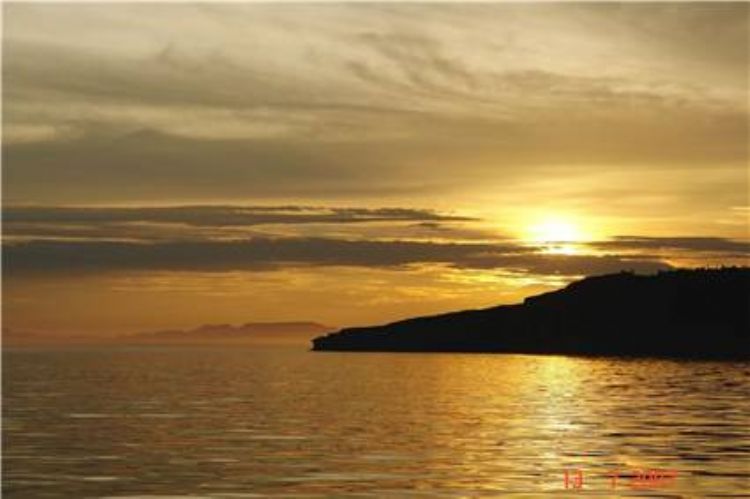
Tourism is one of the countryâs main economic activitie...

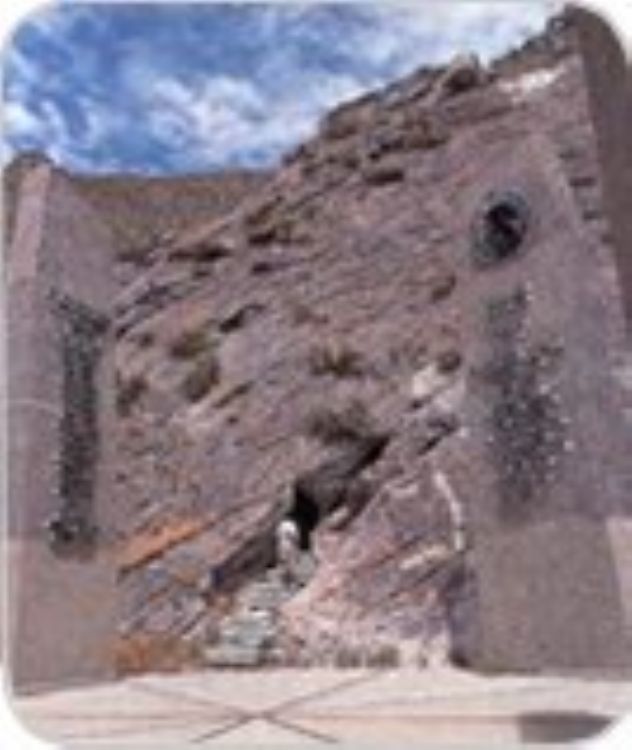
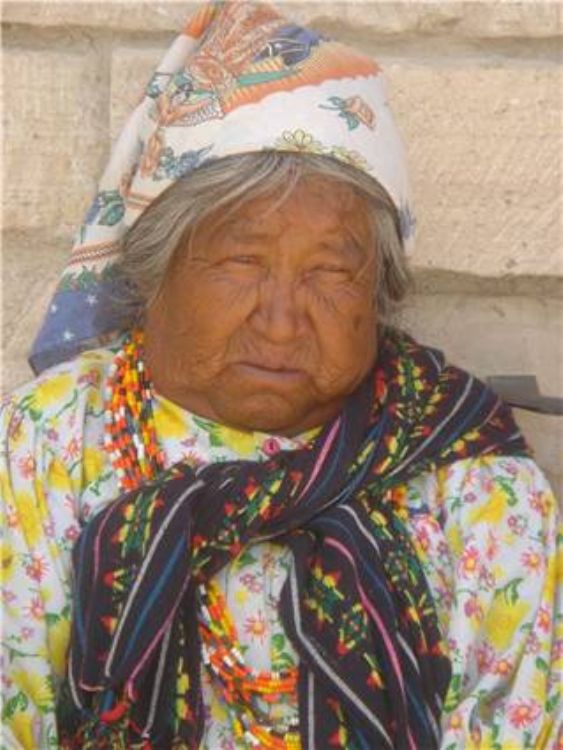
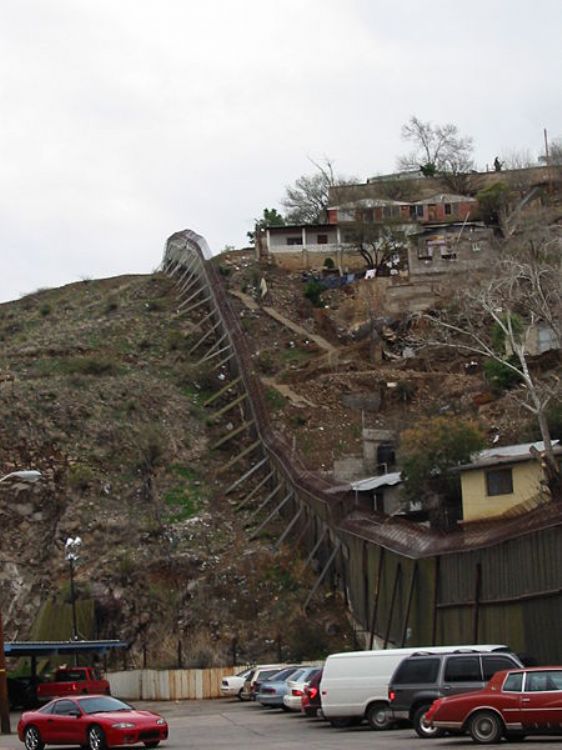
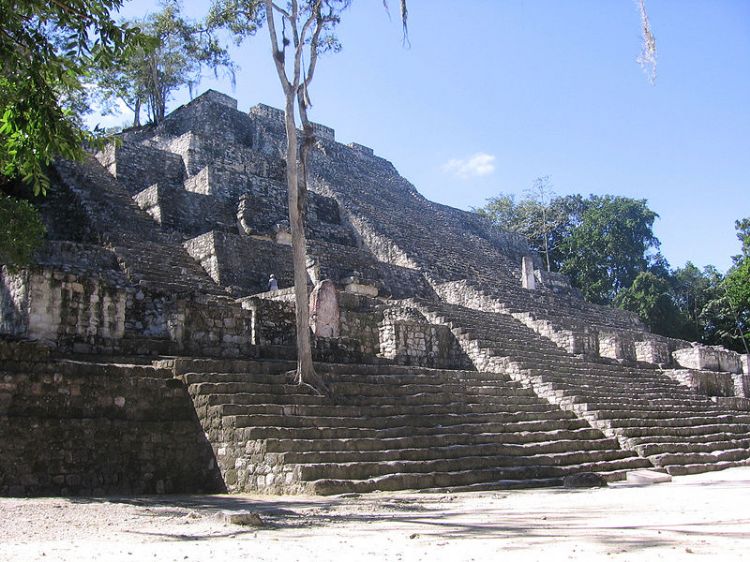

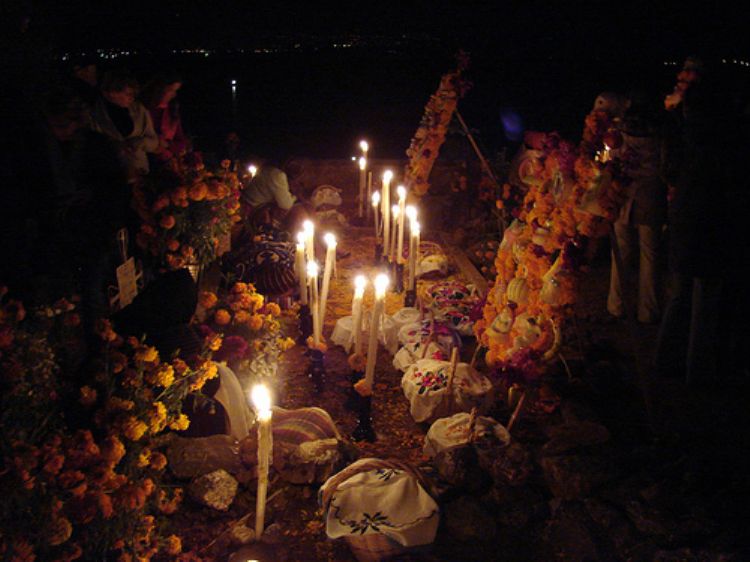
The Day of the Dead in Mexico originated in the prehispan...